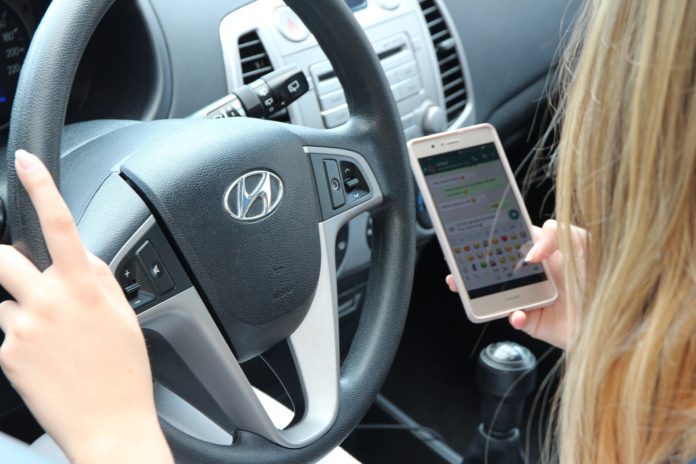Driving should command full and uninterrupted attention at all times. Distractions of many forms diminish that attention, all too often, with deadly consequences. Let´s be clear, distractions come in many forms, from using a mobile phone, to simply listening to the radio, or engaging in a conversation. A distraction might even be lighting a cigarette or taking a drink. The consequences are that distracted driving causes one in three fatal incidents in Spain.
In the last decade, distractions have caused 238,000 incidents with victims, more than 30,000 serious injuries and 6,200 deaths. And although the number of incidents caused by distractions has been reduced by 58%, its lethality has increased by 52%.
A report by the Fundación Línea Directa also includes speed as a compounding factor in the increase in mortality during episodes of distraction. Since 2019, fines for speeding have increased by 26%.
Distractions decrease alertness while driving and increase the risk of having an incident. According to the DGT, using a mobile phone at the wheel multiplies the risk of having an incident by four and sending a WhatsApp multiplies it by 23.
More than 13 million motorists (48%) admit to using a mobile phone regularly while driving and 600,000 confess to being ‘addicts’. Proof that it is widely used is that in the last five years more than 500,000 fines have been imposed for driving while talking on a mobile.
The survey tells us that 76% of drivers, three out of four, admit to driving distracted with some frequency and 1.5% (1.5 million) almost always. It also concludes that distractions are reduced as we get older and those over 65 are the ones who are most attentive: up to ten times more than young people between 18 and 29 years of age.
Drivers attribute these distractions to the advancement of technology (81%), the rise of mobile phones in society (57%) and daily stress (43%). But, on the other hand, when they are asked directly why they are distracted, the answers are different. 80% state that they are distracted by the ‘voyeur effect’ when an incident occurs, 79% by looking at the landscape or some landmark of interest, 72% by getting lost in their own thoughts, 52% by using the integrated GPS or in the mobile and 34% for reading WhatsApps or emails on the smartphone. They also highlight distractions such as recording themselves with their mobile phones (13%), interacting on social networks (11%) and even putting on makeup (7%).
Since the last modification of the Road Safety Law, using a mobile phone manually is considered a serious offence and is punishable by a 200-euro fine and 6 less points on the driver’s licence.
Connecting headphones/audio headphones or devices that affect attention is also a serious infraction that entails a fine of up to 200 euro and the withdrawal of 3 points.














